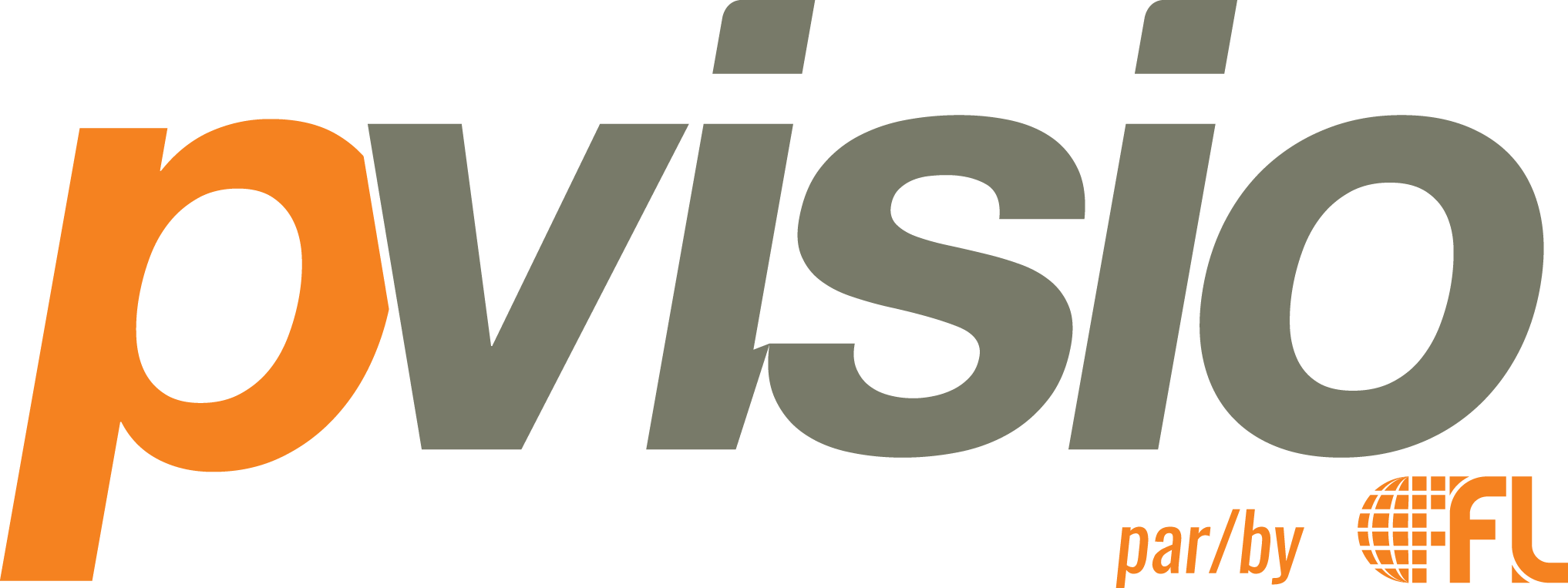The exceptional situation experienced in the last few months has created many issues and tons of questions for employers who must be flexible and agile, while navigating the uncertainty of the future. Even in the short term, the guidelines and recommendations of the government and health authorities to be considered are constantly evolving due to the evolution of the virus and its variants.
Decisions and measures put in place today may be outdated by next month. This does not mean, however, that there is nothing to do while waiting for this to pass, as no one knows when we will finally be able to say that this is all behind us.
In this context, what position can an employer take on the issue of the day: vaccination against Covid-19?
Here are some thoughts on the subject.
Can an Employer Require its Employees to be Vaccinated?
First, it should be remembered that under the Act respecting occupational health and safety, the employer has an obligation to ensure the health and safety of its employees. In addition, under Québec’s Civil Code, every person has the right to give free and informed consent to his or her health care, and the Charter of Human Rights and Freedoms protects the rights to physical integrity and freedoms of the individual.
The requirement for vaccination in the workplace may infringe on these rights and therefore should not be imposed by an employer unless it is a bona fide occupational requirement. That is to say, after studying and analyzing the risks specific to a workplace and more specifically to a job title in the company, if it appears clear to the employer that it is a measure that justifies the reasonableness of the infringement of the rights and freedoms protected by the Charter, he could decide to do so.
For all other workplaces that do not present a risk justifying such an intervention by the employer, the recommendations of the public health authorities and the CNESST should be implemented and reinforced with the employees. For the time being, the government has chosen not to impose mandatory vaccination in the workplace, considering that the recommended protective measures are sufficient to ensure health and safety in most workplaces. These recommendations are to encourage teleworking, when possible, maintaining a distance at all times in the workplace, wearing a mask in common areas or at all times when distance is not possible, washing hands frequently, following respiratory etiquette, monitoring employees for symptoms, etc.
It is important to mention that there has not yet been a court decision following a contestation in the present pandemic context. However, everything seems to indicate that, given the global epidemiological situation, the courts will be sensitive to employers’ arguments, but only future case law will confirm this. Until then, caution is advised.
That being said, rather than talking about imposing vaccination, an employer could put in place certain measures for employees who decide not to be vaccinated, such as restricting their access to the workplace by offering them teleworking options, when possible. In doing so, even if it is perceived as “discrimination”, the employer is providing an acceptable alternative which helps to reassure other employees who are on-site in the workplace.
Evidently, the situation must be addressed differently if the employee cannot be vaccinated for religious or health reasons. In this case, after obtaining supporting documentation, the employer will have to apply an acceptable accommodation measure for the employee in question.
Can an Employer Request the Vaccination Status of its Employees?
It is possible to ask, but an employee could refuse to consent and this would be within their rights. For an employer who decides to do so, it is advisable to make the request in writing, indicating how the information will be kept confidential and requesting the employee’s signature to confirm consent.
An employee’s immunization status may not be used for discrimination, dismissal or hiring purposes. Access to this information must be restricted and must be managed in accordance with the principles for the collection of personal and confidential information.
Can an Employer Adopt a Vaccination Policy?
It is recommended that a policy outlining the employer’s expectations and requirements for workplace immunization be adopted so that they are known and clear to all. This will confirm that employees are free to receive the vaccination and to provide the employer with proof of vaccination or not, but that refusals to do either or both may warrant administrative action.
The adoption of such a policy is a good opportunity for the employer to reinforce its commitment to its obligation to ensure the health and safety of its employees and to serve as a reminder of the importance of respecting the protective measures put in place, in the current context.
In all cases, the policy adopted must be reasonable and its application must be systematic.
In conclusion, regardless of whether the employer decides to impose vaccination or not, it is important to at least reflect on the matter and to take a clear, consistent position and communicate it to all employees.
This necessary reflection should also focus on what needs to be put in place in the short, medium and long term in order to continue to deal with this unusual situation that is changing the world of work in a lasting way. In the heat of the moment, it can be difficult to look ahead, but it is well worth the effort.
Disclaimer: This is not a legal opinion, but is meant for informational purposes only, based on information available today. The advice of a labour lawyer is required to know the legal implications associated with your business.
We Are Here to Help
Whether you want to discuss workplace immunization further, or even reintegrating your workforce in hybrid mode, i.e. telecommuting AND face-to-face, do not hesitate to contact a member of the Pvisio Team for a free consultation.




